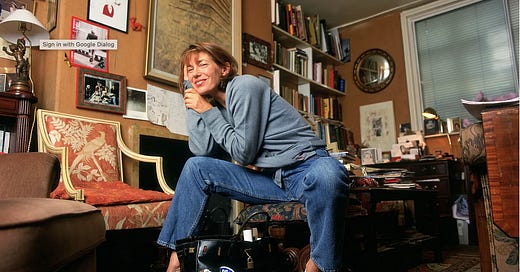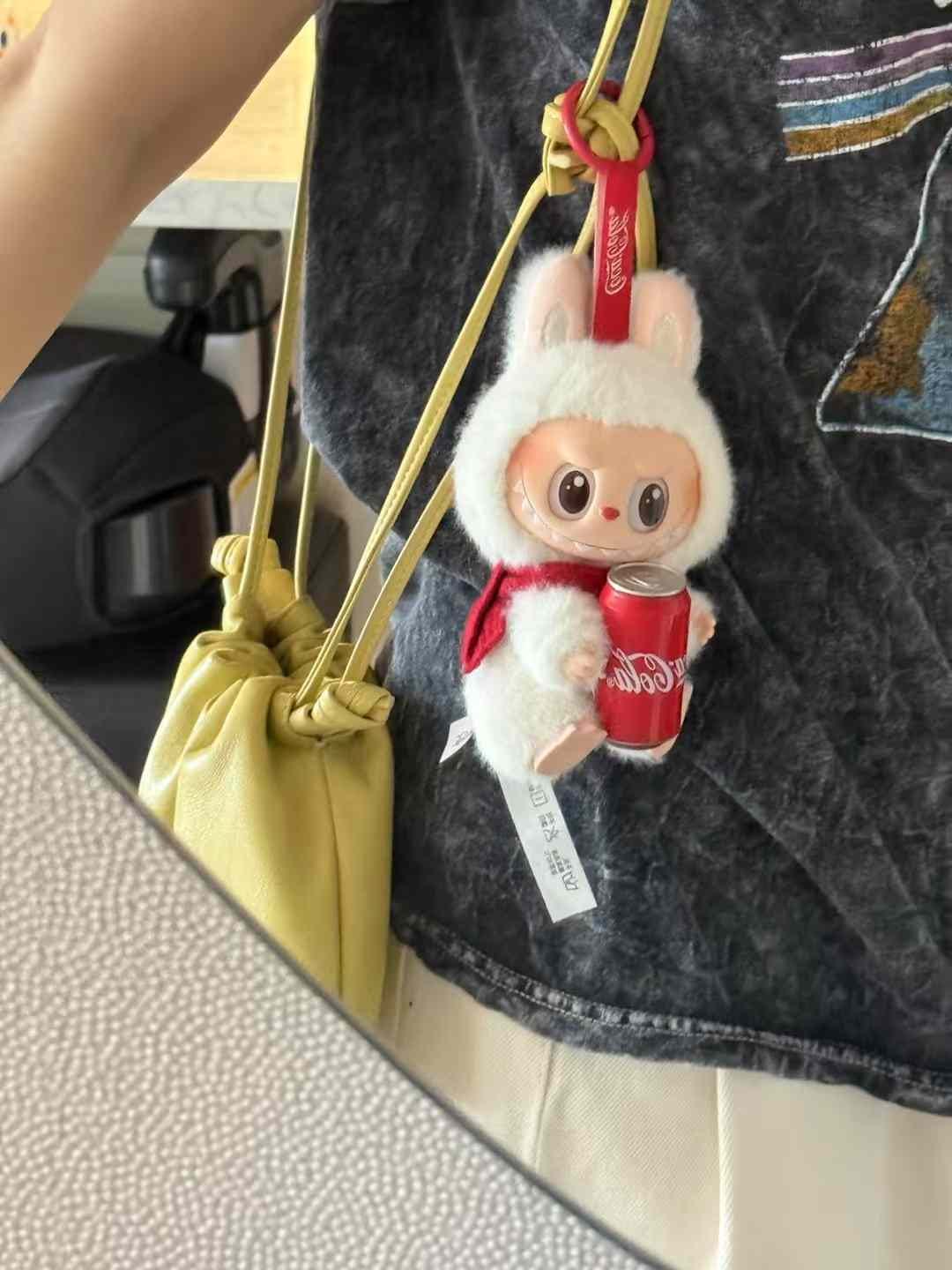Birkin and Labubu
This week, I became a proud owner and willing captive of Labubu.
I’ve been thinking a lot about Pop Mart for an upcoming
piece. Still brainstorming, but stay tuned. Is this global blind-box frenzy just consumerism wrapped in cuteness? Another “Lipstick Economy 2.0” moment? Or is it a deeper cultural shift in how we attach meaning to objects, express identity, and trade in a universal emotional currency?Labubu feels ageless, and owning one feels like a passport into a shared, if elusive, definition of cool.
But how I got my Labubu wasn’t about scarcity or hype. It was a small, generous act of love. A dear friend of mine, quick-fingered and dedicated, managed to grab a few through the always-sold-out Pop Mart website. Her daughter, who guards her Labubus with intense affection, chose to give one to me—her Ivy yiyi.
We often say brands sell emotion, but what moves us most isn’t the brand—it’s the relationship behind the gesture. Pop Mart might have mastered the mechanics of desire, but what gives these toys real value is how they’re shared and cherished.
Also, the “rich auntie with a Birkin and her Labubu” aesthetic coincides with the recent CNN report that Jane Birkin’s original Birkin bag is going up for auction. The era we live in.
Short post this week because I’m heading back to China—first Shanghai, then Wuhan, maybe Beijing, and Chengdu. If you’re around, let me know.
Until next week,
Ivy





